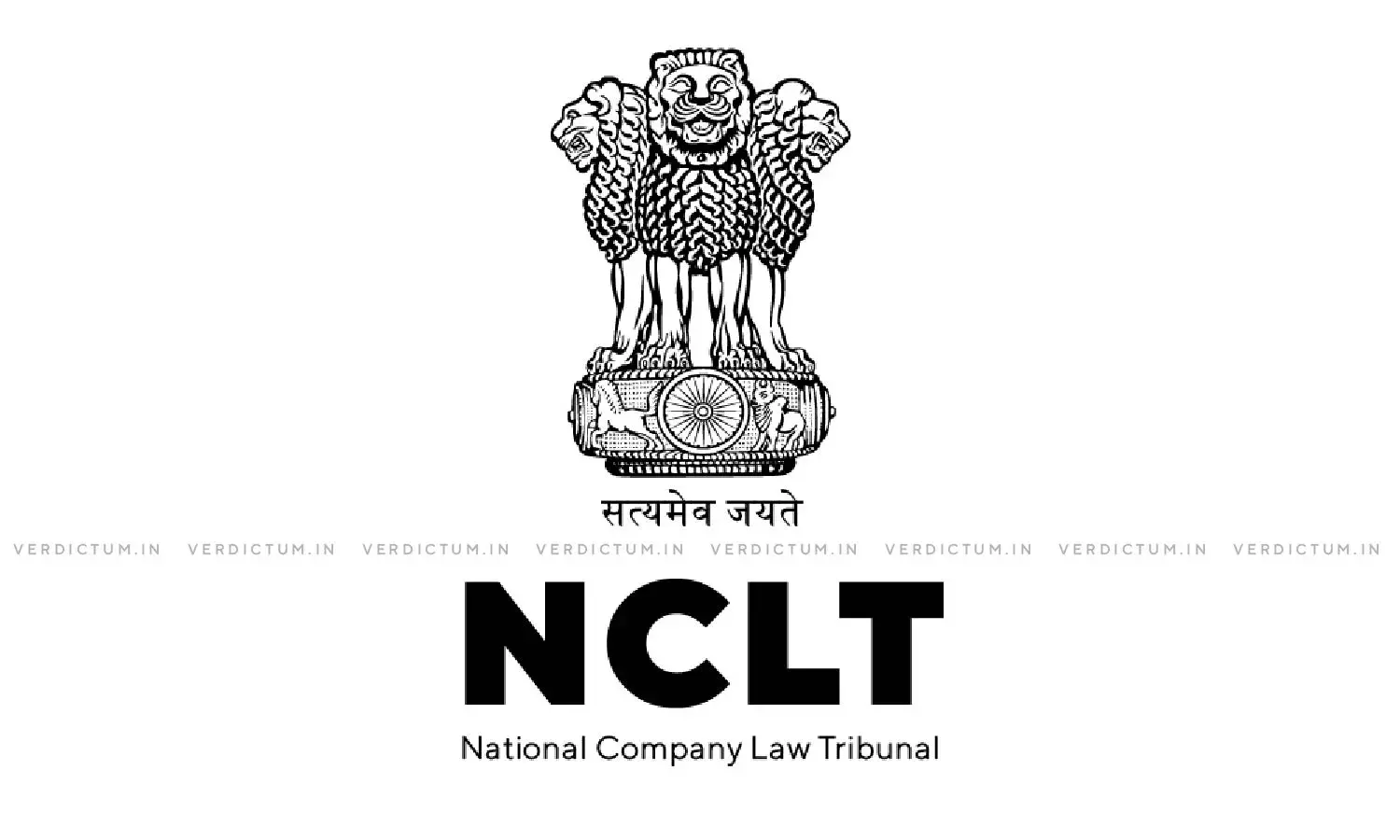IBC Proceedings Are Meant For Resolution Of Defaulting Corporate Debtor & Not For Determining What Is Pending From Him: NCLT

The Mumbai Bench of the National Company Law Tribunal has dismissed an application filed by IDBI Bank Limited-Financial Creditor/Applicant under Section 7 of the Insolvency & Bankruptcy Code, 2016 for initiating Corporate Insolvency Resolution Process (CIRP) in the case of Zee Entertainment Enterprises Limited.
The Tribunal observed, "It is trite Law that, the proceedings under the Code are meant for resolution of defaulting corporate debtor and not for determination of what is due from the corporate debtor."
Finding that the financial Creditor was not clear on what is recoverable from the Corporate Debtor and the claim of an exorbitant amount, which was unsustainable even in terms of the guarantee agreement, led to an inference that the present application was in the realm of recovery than an attempt to seek the resolution of the Corporate Debtor, the Bench of Vemula Palli (Judicial Member) and Prabhat Kumar (Technical Member) observed that “Section 10A bars absolutely and forever, the filing of any application under Sections 7, 9 and 10 of the Code, for defaults committed on or after 25th March, 2020 upto 25th March, 2021”.
Senior Advocate Zal Andhyarjuna appeared for the Applicant/ Corporate Debtor, whereas, Advocate Ashish S. Kamat appeared for the Respondent/ Financial Creditor.
The factual background of this case was that the financial creditor had claimed a default of Rs 149,60,69,763 and filed the Company Petition against the Corporate Debtor pursuant to the Guarantee Agreement executed by the Corporate Debtor in favor of the Financial Creditor. The Corporate Debtor executed a guarantee agreement to secure the maintenance of two-quarters interest on the Working Capital Facility to the extent of Rs 50 Crores agreed to be provided by Financial Creditor to the principal borrower. The principal borrower failed to maintain the DSRA balance and consequently pay the interest accruing on said Working Capital Facility since September 2019. The Corporate Debtor had knowledge of such failures in the form of emails communication between the Financial Creditor and principal borrower. Thus, the Financial Creditor invoked the guarantee asking the Corporate Debtor to pay forthwith the amount of Rs 61,97,33,612.80.
After considering the submission, the Bench noted that the obligation of the Corporate Debtor was limited to maintenance of two quarters interest on Working Capital Facility restricted up to 50 Crores, and the Corporate Debtor was not obligated to pay amount of principal outstanding in said Working Capital Facility.
The Bench further explained that the clause of this guarantee agreement making the guarantee valid till the complete payment under the facility cannot enlarge the scope and make the Corporate Guarantor responsible for the outstanding on account of principal Working Capital Facility.
The NCLT found that the Financial Creditor had made a claim of an incorrect amount of Rs 149.60 Crore in the petition, while the demand notice was issued only for a sum of Rs 61.97 Crores.
Thus, while noting that the interest of Rs 10,67,89,718 had accrued on the total outstanding Working Capital Facility of Rs 101.29 Crore, the NCLT stated that the Corporate Debtor could at best, be called upon to pay outstanding interest relatable to the first 50 Crores of principal Working Capital Facility.
The Bench further observed that the language of the demand notice made it clear that it was the first notice demanding payment from the Corporate Debtor under the guarantee.
Though the Corporate Debtor had the knowledge of default at the end of the principal borrower, the Bench felt that such knowledge implied the existence of an obligation on the part of the Corporate Debtor and such obligation was a debt under Section 3 (11) of the Code.
“Mere existence of debt, which undoubtedly came into being at each incidence of failure to maintain DSRA balance, cannot be equated with existence of default”, added the Bench while observing that the Corporate Debtor committed the default in relation to its obligation to maintain two-quarter interest in the principal borrower DSRA account during the period specified in Section 10A.
Thus, observing that the application was barred by Section 10A, the Bench held that the application was not maintainable on the ground that it was not in accordance with the intent and purport of the Code.
Cause Title: IDBI Bank Limited v. Zee Entertainment Enterprises Limited
Click here to read/download the Order

